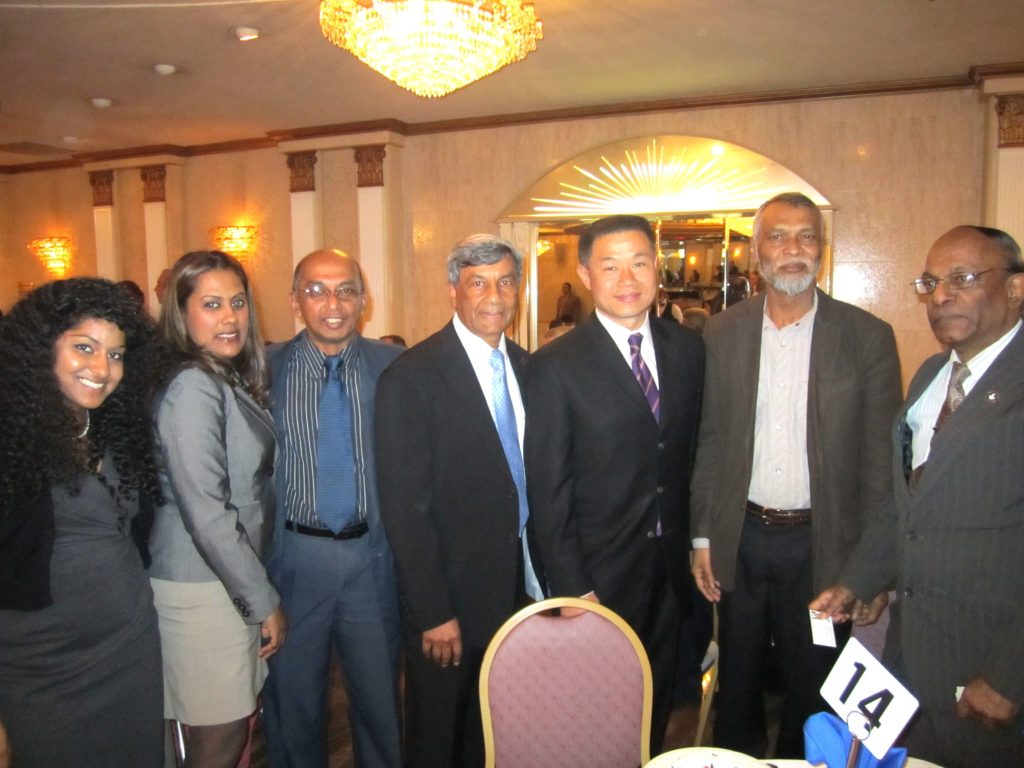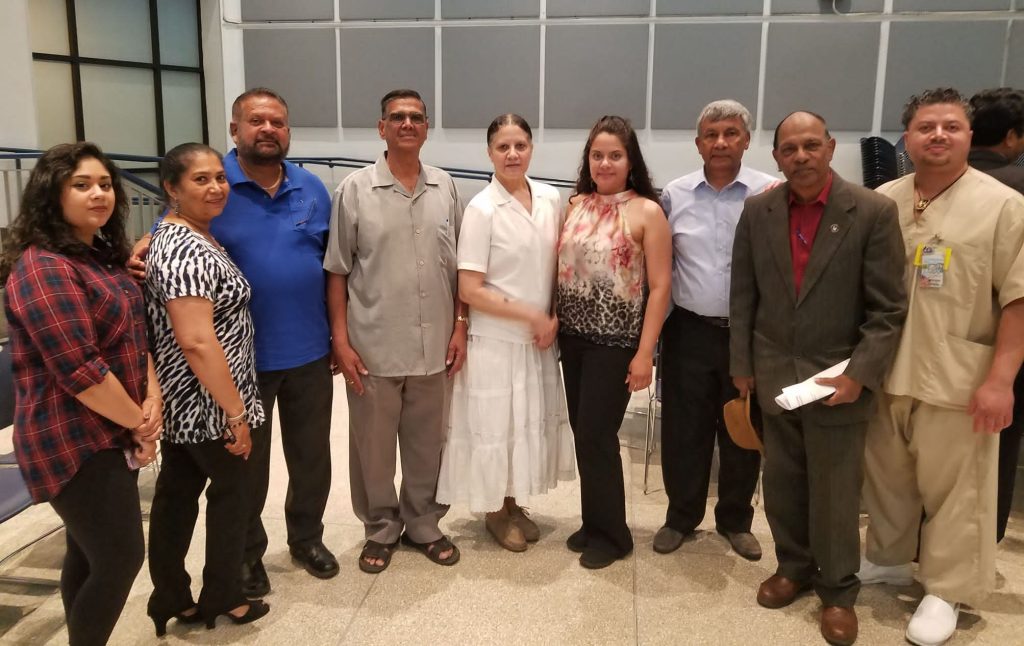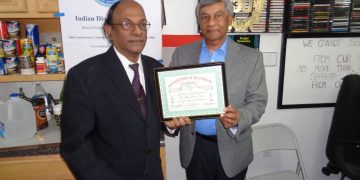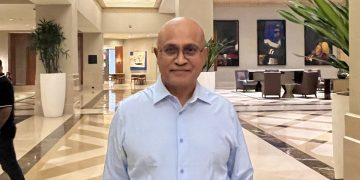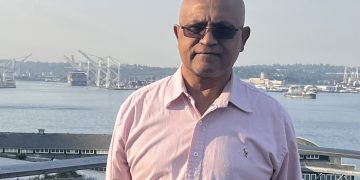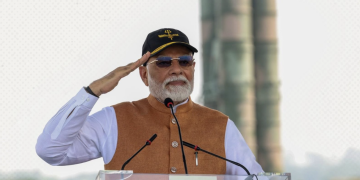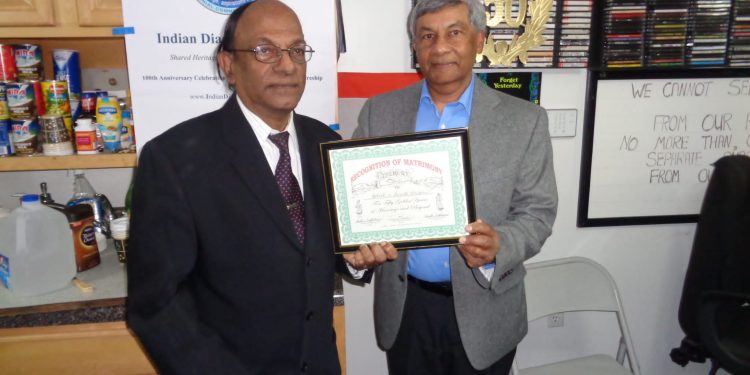It is with sorrow I learn of the passing (on Sunday) of Rev Seopaul Singh. He was not keeping well over the last several years. He was one of Guyanese’s finest sons who had a remarkable career in public service, giving 25 years to Ministries of Works, Mines, Housing, and Energy from 1966 thru 1991. His death prompted a flood of tributes from friends and peers who praised his contributions to the Guyanese community in Queens and his participation at several diaspora events.
From a most humble beginning born in a rural village, Seopaul built an illustrious public service career. He also served in other diverse fields, from social work to religion to journalism at one time serving as Asst Editor of Guyana Journal.
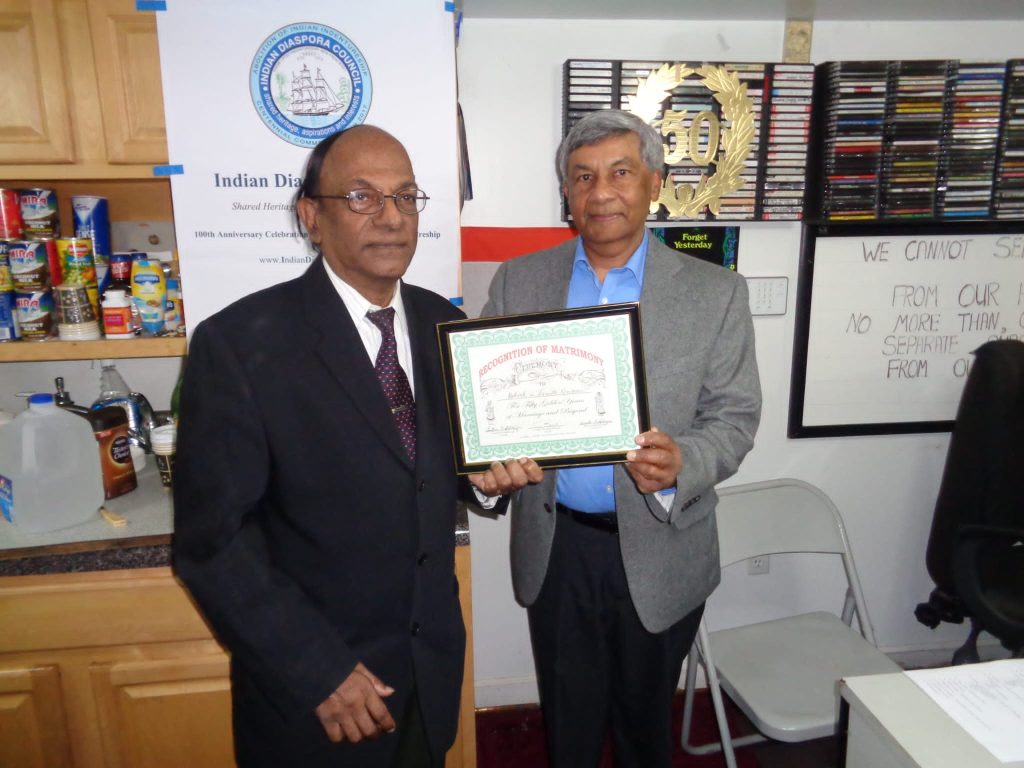
Seopaul or Rev, as we called him, was a teacher, intellectual, activist, trainer of staff, preacher, and commentator who published on several issues relating to Guyana including on race relations, and what he called the genocide in Wismar-Mackenzie. He remembers well the racial violence of the 1960s that impacted his life. He was a victim of the racial violence in Mahaicony where he was born and where he and his parents lived before squatting and settling down in Better Hope.
Friends told me that Seopaul was an outstanding civil servant and administrator. He served Guyana’s government with dignity and distinction. He was also commended for his service in New York working for Morgan and Stanley, the Wall Street investment firm.

A converted Christian from an Hindu family, and a trained pastor in NY, he attended events of all religious communities. He was approachable and caring and put everyone at ease in his engagements. He won the respect and affection of the Indian diaspora from Guyana, Trinidad, Jamaica, and India and of other countries as well as of other races with who he interacted in NY. He impressed with his knowledge of Guyanese and of world affairs. He was a repository of information on Guyana. He was not afraid to speak his mind about the violence unleashed on Indian Guyanese.
Seopaul was known to be a strong Indian rights activist. He worked closely with groups and activists in New York on Indian Guyanese diaspora affairs. He addressed and or attended seminars I organized in NY on the community and Guyanese affairs. He also attended several Indian diaspora conferences including in Trinidad and Guyana that I co-organized. And he helped found the Indian Caribbean Writers Organization. He was an outstanding writer including of a book on race relations in Guyana that spoke of his personal experience as well.
Although he did not contribute to the media or publicly joined the movement for free and fair elections while in authoritarian Guyana for obvious reasons, he was very supportive of the struggle. He praised those of us like Ravi Dev, Baytoram Ramharack, myself and others for our courage in penning articles in Guyana media and abroad condemning human rights violations in the homeland. He also commended those of us including Chuck Mohan, Mel Carpen, Arjune Karshan, Roop Persaud, Mike Persaud, Vassan Ramracha, Ravi, Baytoram, Gary Girdhari, among others for our contributions to the struggle that led to free and fair elections in Guyana in 1992. Just last year, Seopaul interacted with Ravi Dev in person in Queens reminiscing about life in Guyana during the difficult period of the dictatorship. We also spoke on the phone.

As extracted from an article on his biography penned by Dr. Dhanpaul Narine and published in West Indian News, “Seopaul was born at Supply, Mahaicony on the East Coast. Seopaul’s father was Mooni Singh and his mom Boach Singh. Mooni was popularly known as Uncle Rattan. Seopaul is the seventh of eleven children. He attended Zeskenderen Government School and later went to Ashram High School, founded by Indian missionary Pandit Ushar Bhode Arya. The school was located at Mortice, Mahaicony. Pandit Ushar Bhode and Shruti Kant, Principal of Guyana Oriental College in Georgetown, opened its doors in 1960 with around 250 students”.
Seopaul was a brilliant student. According to Dhanpaul, Seopaul prepared for London GCE O’ Levels exam in earnest but because of racial disturbances during the 1960s, his studies was interrupted. His family was forced to move to Lillendaal and then to Better Hope where they squatted on public lands and built a house. Seopaul passed his O’ Levels and began teaching at Annandale Primary School from 1964 to 1966. Seopaul joined Public Service in November 1966, posted to Supply Division in the Ministry of Works and Housing where he worked for twenty-two years. He was then transferred to Ministry of Mines and Energy. Seopaul migrated to America in 1991, first to Florida and thence to New York. He was employed by Morgan Stanley for 18 years.

Seopaul recounted to Dr. Dhanpaul one of his most unforgettable memories. In 1982, in Delhi, India, he was outside the BOAC office. He began thinking of Pandit Ushar Bode, the founder of the school he attended. He had not seen or heard from Ushar ji for twenty years. “I really wanted to meet with him. As I came out of the BOAC office … there was Ushar Bode”. They exchanged pleasantries. That was indeed a remarkable thought that was instantly realized.
Rev. Seopaul will be remembered for his contributions to Guyana and the diaspora in the greater Richmond Hill area.
Condolences to his family!
